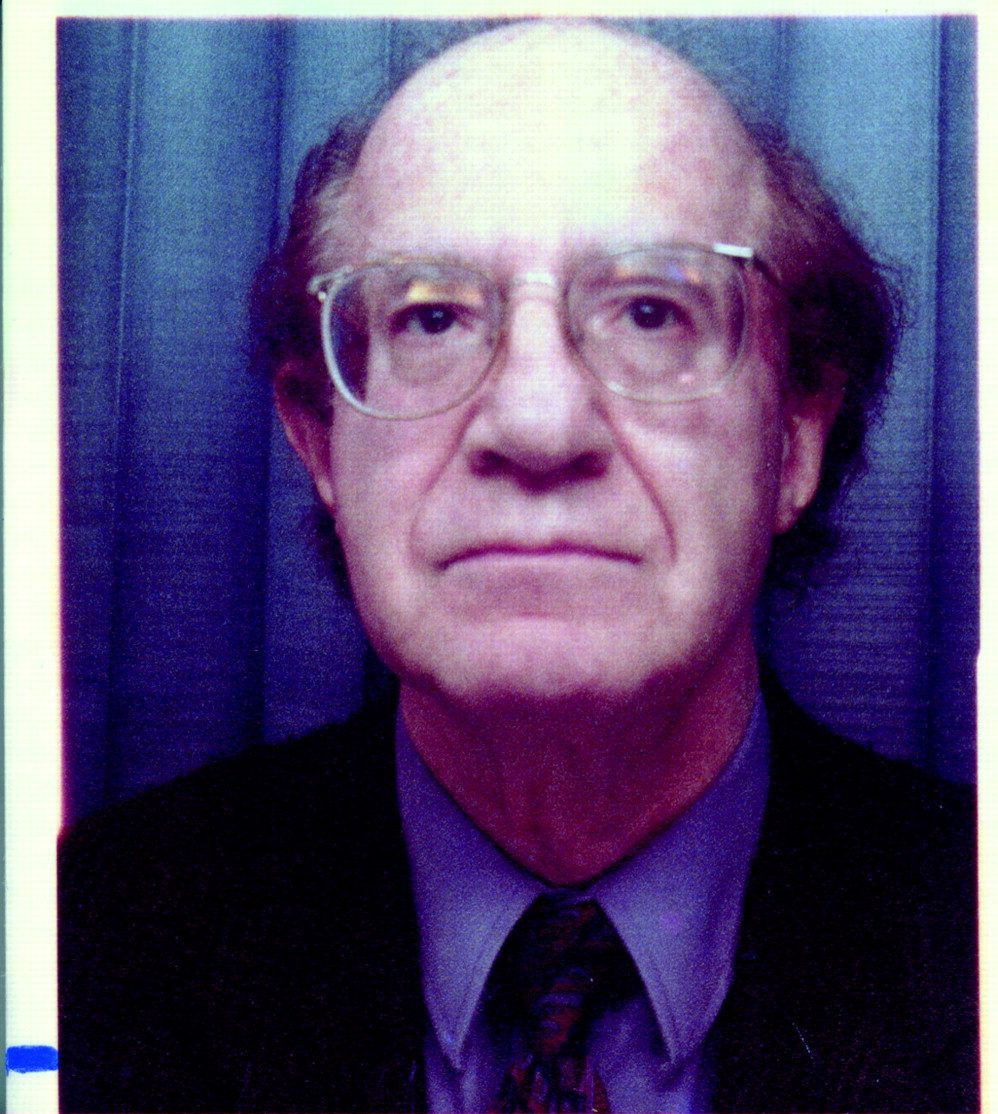At its annual meeting in June the American Medical Association (AMA) rejected a resolution submitted by the Medical Society of the State of New York calling for a moratorium on capital punishment in the United States. (The resolution followed to the letter the one adopted last year by APA.)
Instead, on the recommendation of the Reference Committee on Constitution and Bylaws, the AMA House of Delegates passed the following resolution: “Resolved, that our American Medical Association does not take a position on capital punishment, and be it further resolved that our American Medical Association urges appropriate legislative and legal authorities to continue to implement changes in the system of administration of capital punishment, if used at all, and to promote its fair and impartial administration in accordance with basic requirements of due process.”
The Reference Committee alluded to “the AMA’s long-standing tradition to remain neutral on matters that are considered to be nonmedical but issues of society at large and that are highly divisive, such as capital punishment.”
At the same time, it strongly endorsed the AMA’s policy position, in accord with its Code of Medical Ethics, “that physicians, as professionals who are dedicated to the preservation of life in the face of disease and illness and to the overall health and welfare of patients, cannot simply disregard the public health implications of wrongly convicting or executing innocent individuals,” and that physician participation in executions is prohibited.
“Participation,” according to the AMA, includes not only the injection of a lethal substance, but also the prescribing or administering of tranquilizers and other psychotropic agents and medications that are part of the execution procedure, monitoring vital signs on site or remotely (including monitoring electrocardiograms), attending or observing an execution as a physician, and, in fact, even pronouncing death. The fact is that physicians do participate in one way or another, and these ethical violations have never resulted in disciplinary action by medical ethics committees. The problem is that many American doctors feel under pressure from state and federal laws and politicians to break their medical ethical commitments, and they feel a strong conflicting duty to their country’s laws. Few physicians are strong enough to participate in civil disobedience if that is what it would take to ensure that doctors no longer participate in the killing of people.
The AMA thus has failed to recognize that its high-sounding words constitute mere lip service and that nothing less than an immediate moratorium on, and eventual abolition of, capital punishment can end the unethical participation by physicians in executions. ▪

